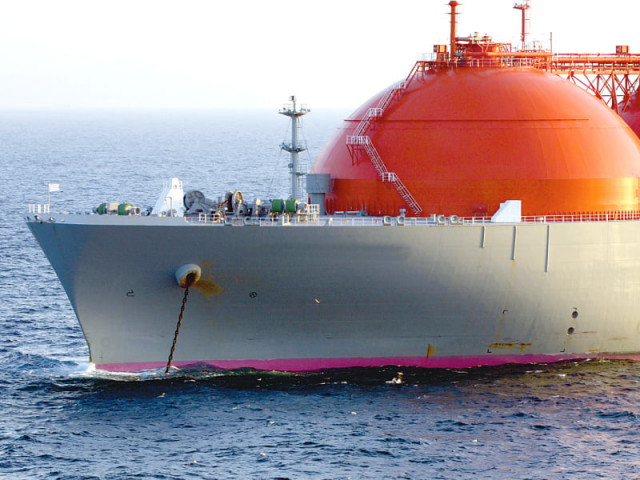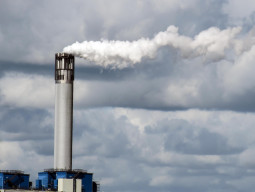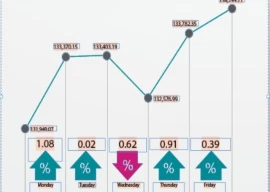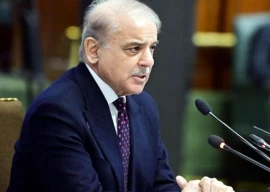
Despite facing a two billion cubic feet (bcf) shortfall of gas per day, the country has yet to initiate gas imports even as it struggles to run power plants and factories.
“This is a critical time for the country. We are willing to wait, but we obviously cannot wait for an indefinite period,” DSME Country Manager Park Eui Chin said on the sidelines of a public hearing on the impact of LNG vessels on the environment.
“We are waiting keenly for the new government to take a decision in this regard. The large size of the Pakistani market offers a lot of opportunity. It can actually negotiate a good price, considering the volumes it will be importing,” Chin said.
DSME, the world’s second-largest shipbuilder, will not import the fuel itself. It has only offered a vessel on a tolling basis to buyers who want to import LNG.
According to the project proposal, DSME’s floating storage and regasification vessel will be anchored 22 kilometres at sea off the coast of Balochistan. A submarine pipeline connected with a buoyed mooring system will bring the gas to shore.
“There are three potential buyers of LNG – Sui Southern Gas Company (SSGC), Sui Northern Gas Pipelines Limited and the independent power producers operating in the country,” Naeem Sharafat, a consultant hired for the project, told The Express Tribune.
The vessel is able to handle imports of up to 750 million cubic feet per day (mmcfd) of gas. “We should be able to start imports by the second quarter of 2014 if all goes according to plan,” Sharafat said.
This so-called unbundled project, where a large ship with on-board storage tanks and regasification plant is used, is considered the fastest and most cost-effective way to import LNG. The terminal tariff comes to around $1 to $1.25 per million British thermal units.
“Building an onshore LNG terminal requires an investment of over $1 billion and it takes at least four years to become operational,” Sharafat explained. “DSME is only interested in the unbundled approach. We would exit if regulators did not agree with it.”
Besides the Korean group, other companies like the Fauji Oil Terminal and Distribution Company are also looking forward to using such terminals. However, all of them want government guarantees and want state-run gas companies to become guaranteed LNG purchasers.
“Dealing directly with the private sector is risky, especially when there is a persistent fear of changes in policy. That is the reason why LNG suppliers want firm government guarantees,” an industry official explained.
As per calculations made by Naeem Sharafat, who had also worked on SSGC’s Mashal LNG project, the power sector, including existing IPPs, would need approximately 1.7bcfd of gas by 2014.
“We can control the energy crisis by replacing furnace oil use in power plants with imported LNG, which is at least 20% cheaper than fuel oil,” he said.
Published in The Express Tribune, June 1st, 2013.
Like Business on Facebook to stay informed and join in the conversation.


















COMMENTS
Comments are moderated and generally will be posted if they are on-topic and not abusive.
For more information, please see our Comments FAQ